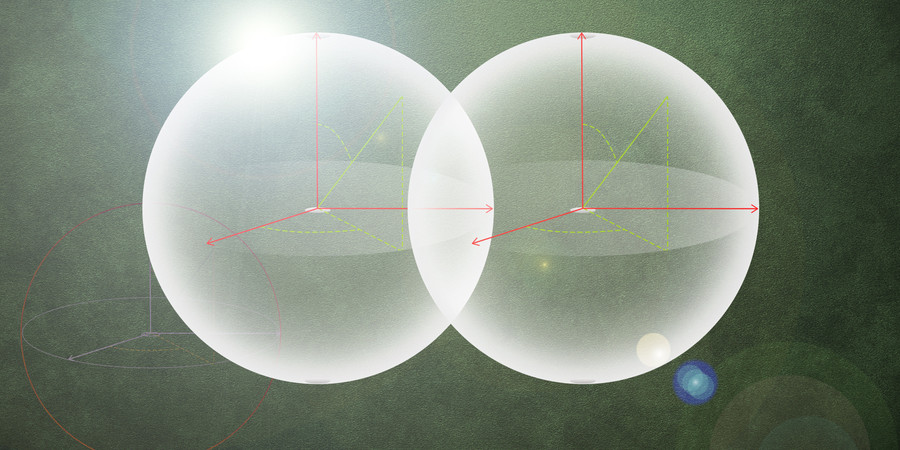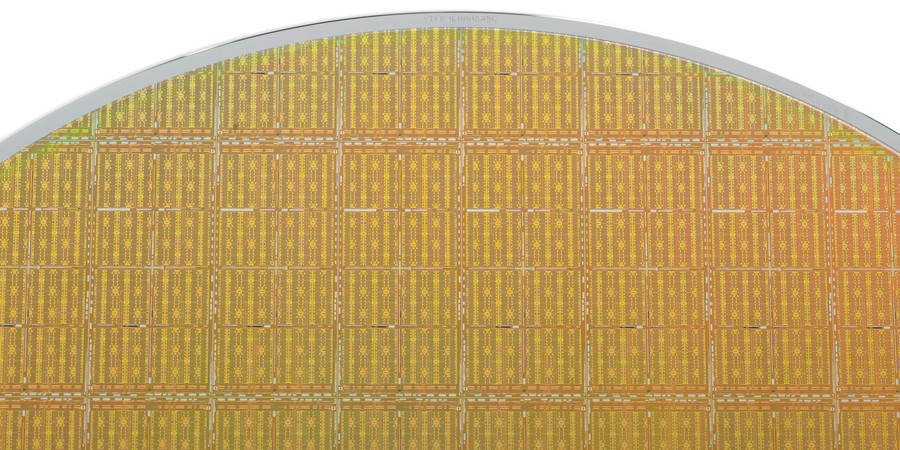March 13, 2025
Sensing and communication systems based on quantum-mechanical phenomena can greatly outperform today’s systems, in terms of accuracy and reliability, and are considered a pivotal part of developing next-generation networks. Developing quantum information and decision systems that come close to meeting the theoretical quantum advantages has been a longstanding challenge. Now, a team of researchers at MIT and the University of Ferrara (UniFe) in Italy has developed a framework that could open up new ways of pushing such quantum systems all the way to their fundamental limits.
The key to the team’s new approach is the use of what are known as non-Gaussian quantum states. Most works on quantum sensing and communication systems are based on Gaussian states — namely, states of the electromagnetic field that can be described by Gaussian models. However, many quantum systems based on Gaussian states inevitably suffer from limitations that prevent them from achieving the full quantum advantage.
Complete article from MIT News.
Explore
MIT Engineers Advance Toward a Fault-tolerant Quantum Computer
Adam Zewe | MIT News
Researchers achieved a type of coupling between artificial atoms and photons that could enable readout and processing of quantum information in a few nanoseconds.
New Chip Tests Cooling Solutions for Stacked Microelectronics
Kylie Foy | MIT Lincoln Laboratory
Preventing 3D integrated circuits from overheating is key to enabling their widespread use.
Analog Compute-in-Memory Accelerators for Deep Learning
Wednesday, April 30, 2025 | 12:00 - 1:00pm ET
Hybrid
Zoom & MIT Campus




